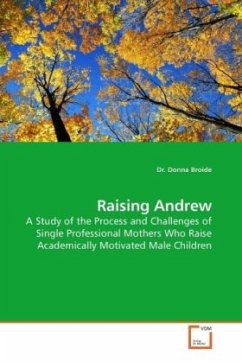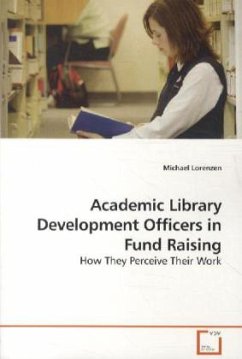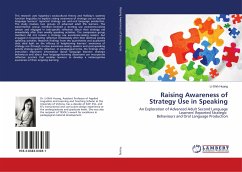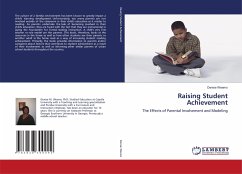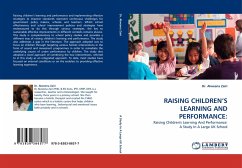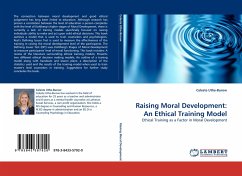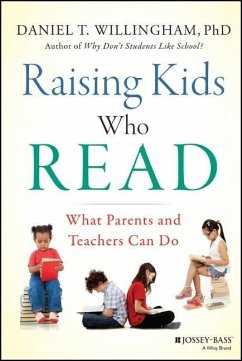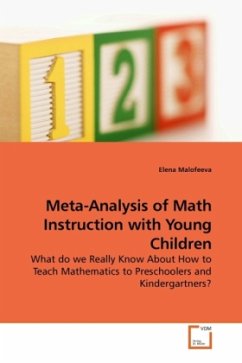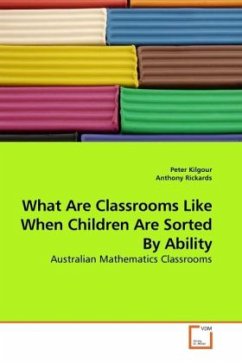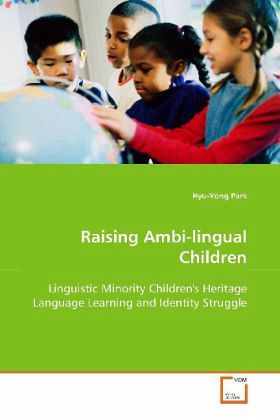
Raising Ambi-lingual Children
Linguistic Minority Children's Heritage Language Learning and Identity Struggle
Versandkostenfrei!
Versandfertig in 6-10 Tagen
45,99 €
inkl. MwSt.

PAYBACK Punkte
23 °P sammeln!
In this book, the author examines the issues of the unequal power relationship between languages and the consequent heritage language loss and identity struggle, especially in the case of Korean linguistic minority children (LMC) in the United States. The author highlights that the Korean American children''s (ethnolinguistic) identity is ruptured by the domination of host language (i.e., English); furthermore, their hybrid identity is attributed to their parents ambition for bilingual learning for academic success and bicultural adaptation to both distinct societies, Korea and the U.S. The au...
In this book, the author examines the issues of the
unequal power relationship between languages and the
consequent heritage language loss and identity
struggle, especially in the case of Korean
linguistic minority children (LMC) in the United
States. The author highlights that the Korean
American children''s (ethnolinguistic) identity is
ruptured by the domination of host language (i.e.,
English); furthermore, their hybrid identity is
attributed to their parents ambition for bilingual
learning for academic success and bicultural
adaptation to both distinct societies, Korea and the
U.S. The author also discusses many concurrent
issues associated with the ambitious project for
bilingualism: i) the dominance of English in the era
of globalization, ii) the English-learning fever in
Korea; and iii) ideolization and reproduction of
social discourses in school in terms of pedagogic
discourse. The discussions of this book may help
immigrant parents and ESL (English as a Second
Language) educators to understand why immigrant
children struggle in their identity formation and
why it is important to deal with the issues of
linguistic imperialism and ecology of language.
unequal power relationship between languages and the
consequent heritage language loss and identity
struggle, especially in the case of Korean
linguistic minority children (LMC) in the United
States. The author highlights that the Korean
American children''s (ethnolinguistic) identity is
ruptured by the domination of host language (i.e.,
English); furthermore, their hybrid identity is
attributed to their parents ambition for bilingual
learning for academic success and bicultural
adaptation to both distinct societies, Korea and the
U.S. The author also discusses many concurrent
issues associated with the ambitious project for
bilingualism: i) the dominance of English in the era
of globalization, ii) the English-learning fever in
Korea; and iii) ideolization and reproduction of
social discourses in school in terms of pedagogic
discourse. The discussions of this book may help
immigrant parents and ESL (English as a Second
Language) educators to understand why immigrant
children struggle in their identity formation and
why it is important to deal with the issues of
linguistic imperialism and ecology of language.



